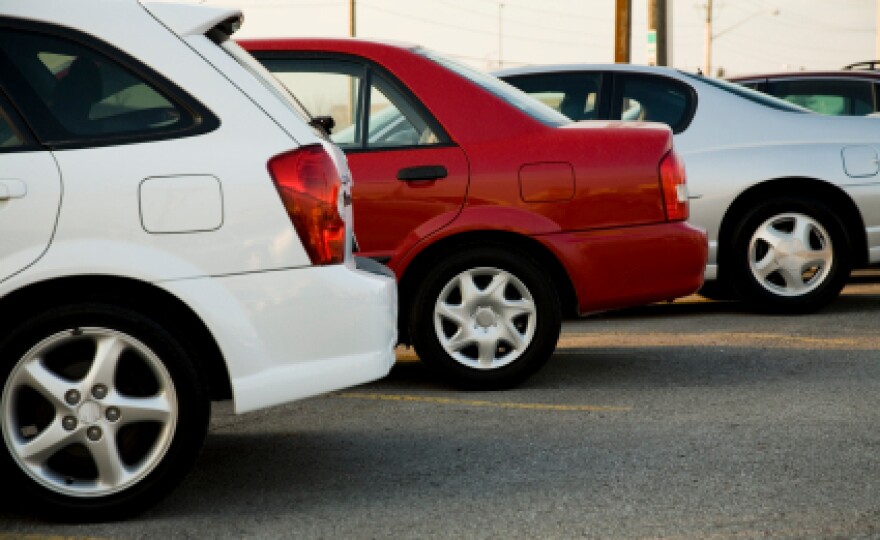The town of Jackson recently reminded its residents to not idle their cars this winter. At the moment, it’s the only town in Wyoming that is idle-free. They are trying to reduce fuel consumption and improve the environment.
“I think idle-free is best described as a win-win. It’s better for your car not to idle and it saves gas,” said Shane Murphy, a University of Wyoming air quality researcher. “It used to be beneficial for older cars to idle, but with modern cars, that’s not true. You can turn your car off and on now and it doesn’t waste gas. And [not idling] does prevent emissions.”
According to the U.S. Department of Energy, idling your car can reduce your vehicle’s fuel economy, which costs you money, and it creates pollution. Emissions from cars contain carbon dioxide and methane, which are some of the biggest contributors to climate change.
“The amount of emissions that [idling] prevents depends on much people are idling. Certainly, if you have a large truck or something that’s sitting in the driveway, idling for half an hour can be a pretty significant emission,” Murphy said.
Murphy said vehicle emissions from idling contribute to particle pollution, which is comprised of tiny pieces of solids and liquids in the air. Things like dust and dirt are common examples of particle pollution. However, Murphy explains that car emissions are also a contaminant.
“In a city like Los Angeles that has a lot of particle pollution, traffic and vehicular emissions are one of the biggest causes of that pollution,” he said. “For the last few decades, cars have been the dominant source of emissions that cause both ozone and particles in places like Denver and places like Los Angeles”
Increased vehicle emissions cause increased particle pollution. Not only does particle pollution affect the environment, but it also can impact public health.
“For public health, particles are pretty unanimously the worst thing,” said Murphy. “There is a list of air pollutants called the National Ambient Air Quality standards. And on that list, particle pollution is the most exceeded and probably the most harmful, followed closely by ozone.”
According to Murphy, even the small population of Wyoming can make a difference if they reduce their idling time.









